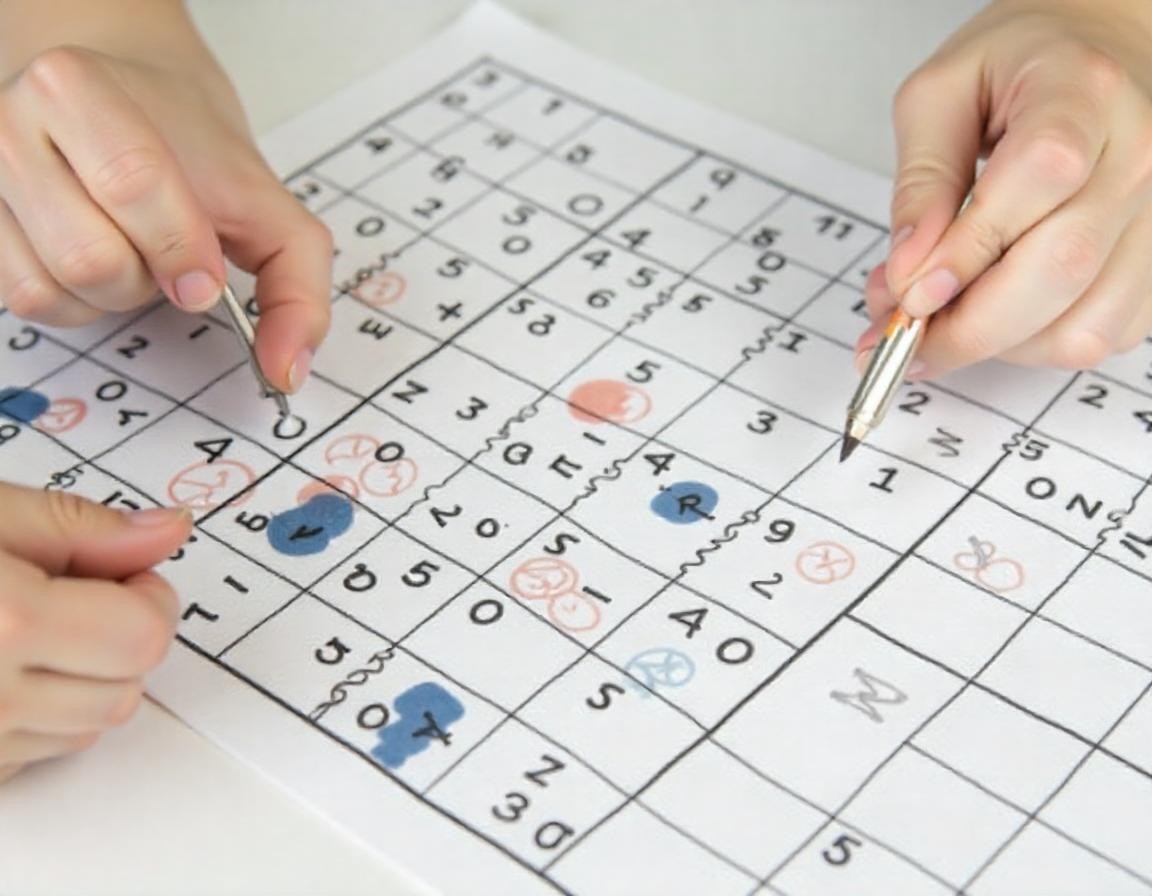Why Brain Health Matters
As we age, maintaining sharp cognitive abilities becomes crucial. Declining memory, slower problem-solving skills, and reduced focus are common concerns associated with aging. However, engaging in activities like Sudoku and crosswords has been shown to help slow down this decline by keeping the brain active and stimulated.
How Puzzles Benefit Cognitive Health
- Enhancing Memory Retention
- Solving Sudoku or crosswords requires recalling words, patterns, or numerical sequences, strengthening short-term and long-term memory.
- Regular engagement in such puzzles improves the ability to store and retrieve information more efficiently.
- Boosting Problem-Solving Skills
- Sudoku and crosswords train the brain to think critically and logically, as every solution requires reasoning and analysis.
- These puzzles enhance lateral thinking by encouraging you to approach problems creatively.
- Improving Concentration and Focus
- Solving puzzles demands sustained attention, improving the ability to focus on tasks without distractions.
- Enhanced focus can translate into better productivity in daily activities and work.
The Science Behind Puzzles and a Younger Brain
Studies have shown that individuals who regularly solve puzzles have brain functions comparable to those of people 10 years younger. Research suggests that:
- Regular mental stimulation increases neuroplasticity, allowing the brain to form new connections and adapt to changes.
- Puzzles like Sudoku and crosswords engage both hemispheres of the brain, fostering balance between logical reasoning and creativity.
- Cognitive exercises enhance the hippocampus, the part of the brain associated with memory and learning.
Tips to Incorporate Puzzles into Your Routine
- Start Small
- Begin with simple puzzles and gradually move to advanced levels as your skills improve.
- Allocate 10–15 minutes daily for solving puzzles, making it a manageable habit.
- Alternate Between Sudoku and Crosswords
- Alternating puzzles helps engage different cognitive abilities, offering a more comprehensive brain workout.
- Sudoku strengthens numerical and logical reasoning, while crosswords enhance vocabulary and verbal skills.
- Solve Puzzles with Friends
- Join a puzzle club or participate in online puzzle-solving groups to make it a social activity.
- Collaborative solving can provide new perspectives and make the experience more enjoyable.
- Use Digital Platforms
- Numerous apps and websites offer a variety of Sudoku and crossword puzzles at varying difficulty levels.
- Digital options also allow tracking of progress, motivating regular engagement.
Who Can Benefit the Most?
- Older Adults
- Puzzles are particularly beneficial for seniors to combat cognitive decline associated with aging.
- They offer a non-invasive way to strengthen the mind and maintain independence.
- Busy Professionals
- Solving puzzles can act as a stress reliever, providing a mental break from hectic schedules.
- Regular mental challenges keep the brain sharp, enhancing performance at work.
- Students and Young Adults
- For younger individuals, puzzles improve academic skills, memory, and critical thinking abilities.
- They also foster creativity and strategic thinking, essential for problem-solving in real-life scenarios.
Puzzles vs. Other Brain Activities
While puzzles are an excellent choice for cognitive engagement, how do they compare to other activities like reading or physical exercise?
- Reading
- Reading improves language and comprehension skills but may not target logical reasoning as effectively as Sudoku.
- Physical Exercise
- Physical activity enhances overall brain health by increasing blood flow, but puzzles directly challenge and train specific cognitive abilities.
- Meditation
- Meditation helps with mindfulness and stress reduction, while puzzles focus on developing problem-solving skills and memory retention.
Health Benefits Beyond Cognitive Skills
- Stress Reduction
- Puzzles can have a calming effect, reducing stress by shifting focus away from daily worries.
- Improved Mental Agility
- Regular mental exercises keep the brain agile, enabling quicker decision-making and adaptability.
- A Sense of Accomplishment
- Completing a challenging puzzle provides a dopamine boost, enhancing motivation and happiness.
Potential Drawbacks to Keep in Mind
While puzzles offer numerous benefits, it’s essential to maintain balance.
- Over-reliance on Puzzles: Solely focusing on puzzles might neglect other critical activities like physical exercise or social interactions.
- Frustration: Starting with overly challenging puzzles may lead to frustration. Choose puzzles that match your current skill level.
Conclusion: Make Puzzles a Part of Your Daily Routine
Engaging in Sudoku or crosswords is more than a pastime; it’s a step toward maintaining a younger, sharper brain. With benefits ranging from enhanced memory to improved problem-solving, puzzles offer a fun and effective way to promote cognitive health. So, pick up a Sudoku grid or crossword today and take a leap toward a healthier, more active brain.
Suggested Keywords:
- Brain health exercises
- Benefits of Sudoku
- Crosswords for mental agility
- Cognitive health tips
- Keep your brain young

